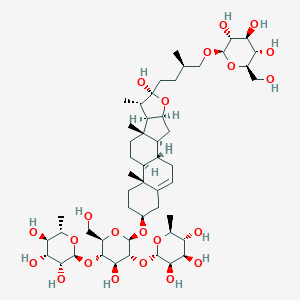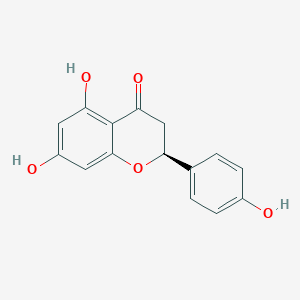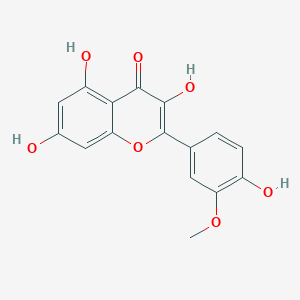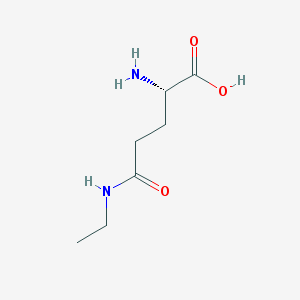Description
Protodioscin is a steroidal saponin compound found in a variety of plant species, most notably Tribulus, Trigonella Dioscorea, and Trillium. It is best known as the alleged active ingredient in the herbal aphrodisiac plant Tribulus terrestris. Protodioscin has been shown to have a variety of biological effects, including anti-hyperlipidemia, anti-cancer, sexual effects, and cardiovascular properties.
Protodioscin is a type of saponin, primarily found in plants like Tribulus terrestris (puncture vine), as well as in certain other plants and herbs. It’s most well-known for its use in herbal supplements, where it’s touted for several health benefits. Here’s a brief overview of its main benefits and applications:
- Enhancement of Sexual Function: Protodioscin is perhaps best known for its potential effects on sexual health. It is believed to help improve sexual desire and performance, particularly in men. Some studies suggest that it might aid in treating erectile dysfunction and increasing libido.
- Muscle Building and Athletic Performance: Protodioscin is sometimes used by athletes and bodybuilders due to its supposed ability to increase muscle mass and strength. This is thought to be due to its ability to increase levels of certain hormones, like testosterone, which play a key role in muscle development.
- Cardiovascular Health: There’s some evidence to suggest that protodioscin might have positive effects on cardiovascular health. It may help in reducing blood pressure and improving circulation, though more research is needed in this area.
- Anti-Diabetic Effects: Preliminary studies have shown that protodioscin may have anti-diabetic properties, potentially helping to regulate blood sugar levels. However, this is still a relatively new area of research.
- Immune System Support: Some research indicates that protodioscin might have immunomodulatory effects, potentially aiding in the strengthening of the immune system.
- Antioxidant Properties: Like many plant compounds, protodioscin may also function as an antioxidant, helping to protect cells from damage caused by free radicals.
- Other Potential Benefits: Early research is exploring the potential of protodioscin in areas such as anti-inflammatory effects, cancer prevention, and mental health, but these applications are still very much in the experimental stages.





